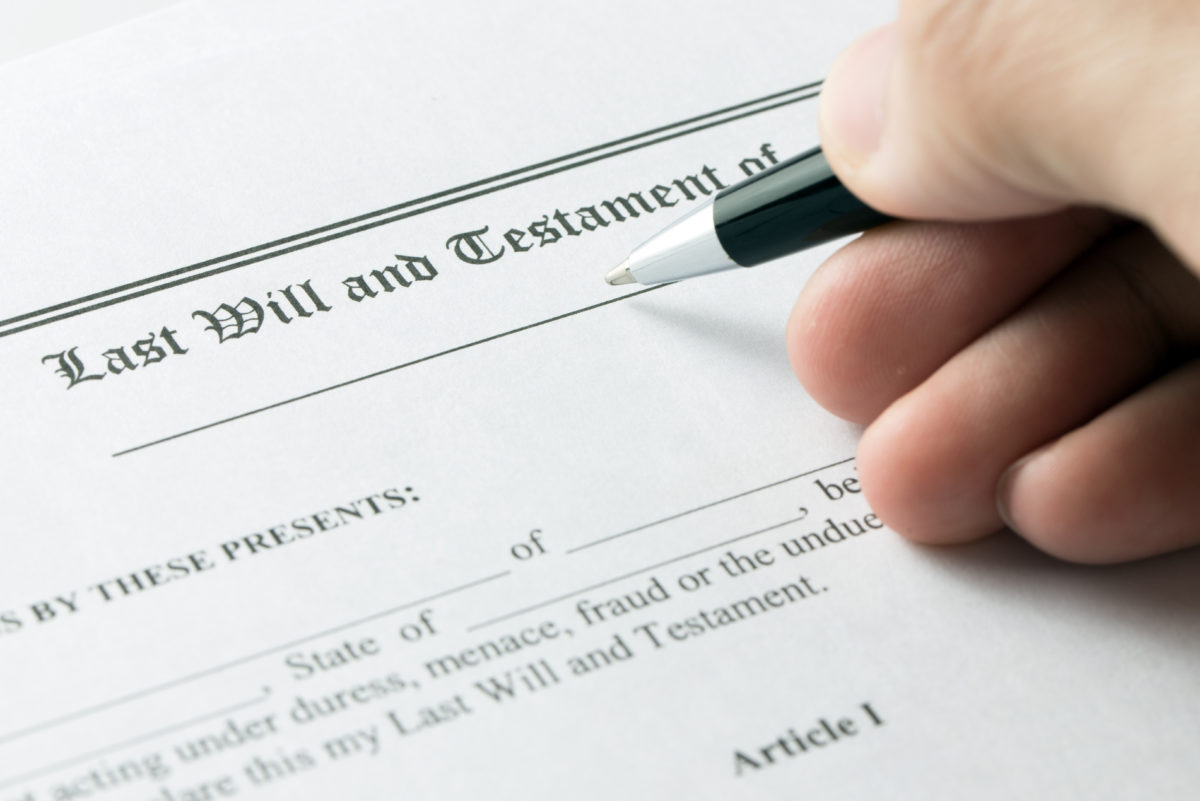
It is important to understand the function of a will and what a will does not do. To learn more, keep reading and give our skilled PA wills, trusts & estates attorneys a call today.
What does a will not do?
Keep in mind that a will does not govern the allocation of certain types of assets, known as non-probate property, which by process of law (title) or contract (such as a beneficiary designation) pass to someone other than your estate on your death. For example, real estate and other assets owned with rights of survivorship pass automatically to the surviving owner. Similarly, an IRA or insurance policy payable to a named beneficiary passes to that named beneficiary whether you have a will or not.
What does a will do?
A will provides a means for the distribution of specific property owned by you at the time of your death, and in most cases, you can dispose of this property however you would like. Your right to dispose of the property as you choose, however, may undergo forced heirship laws of most states that stop you from disinheriting a spouse and, in some instances, children. For example, many states have spousal rights of election laws that permit a spouse to claim a particular interest in your estate no matter what your will (or other documents addressing the disposition of your property) supplies. Your will does not control the nature of your property that is governed by beneficiary designations or by titling and so passes outside your probate estate. These assets include property titled in joint names with rights of survivorship, payable on death accounts, life insurance, retirement plans and accounts, and employee death benefits. These assets pass on their own when the person passes away, and your will is not applicable to them unless they are payable to your estate by the terms of the beneficiary designations for them. Your probate estate consists only of the assets subject to your will, or to a state’s intestacy laws if you have no will, and over which the probate court (in some jurisdictions referred to as surrogate’s or orphan’s court) may have power.
As a result of this, it is important to examine beneficiary designations after preparing your will. Again, keep in mind that the property is part of your probate estate and has nothing to do with whether the property is part of your taxable estate for estate tax purposes.
You will also want to note that wills can vary in degrees of intricacy and can be used to meet a wide range of family and tax objectives. If a will provides for the outright allocation of assets, it is sometimes characterized as a straightforward will. If the will forms one or more trusts upon your death, the will is referred to as a testamentary trust will. On the contrary, the will may leave probate assets to a preexisting inter vivos trust (created during your lifetime), in which case the will is called a pour-over will. These preexisting inter vivos trusts are often known as revocable living trusts.
Our firm understands that these terms can be difficult to grasp. If you have any questions or concerns, our legal team at Friedman Schuman is on your side.



